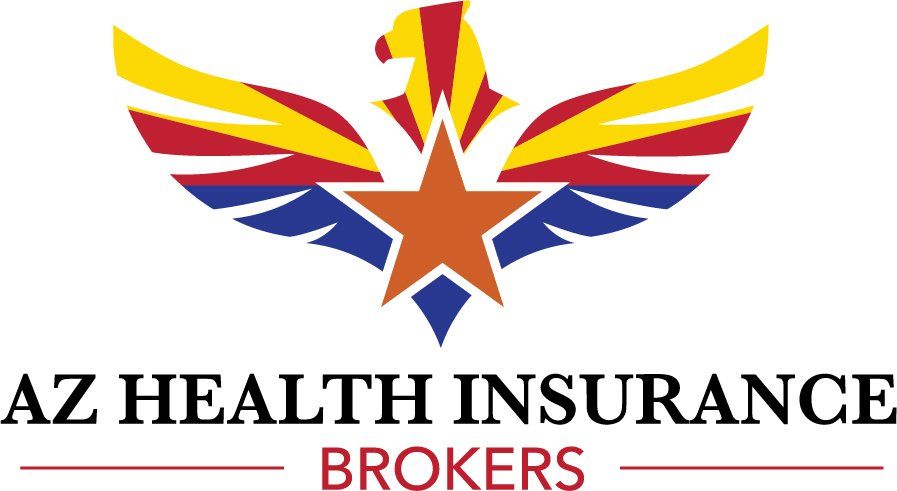How to Choose Health Insurance at Work
How to Pick the Best Group Insurance Plan Through Your Employer
If your employer offers group health insurance coverage, congratulations! Health insurance typically ranks among the most-desired benefits from job candidates. Jobvite’s 2021 Recruiter Nation Report found 51% of HR recruiters and professionals said medical and dental coverage is the most effective benefit for attracting new candidates.
Whether you’re just starting at a job, or you’re employed but you’re thinking about a change to your health insurance, you may be wondering what the best health insurance plan through work is. Our guide explains what to consider so you can save more money while getting the coverage you need.
Estimate Your and Your Family Members’ Health Needs
Your employer’s health insurance plan may offer coverage for both you and your dependents and/or your spouse. If you’re interested in coverage for both yourself and your family member(s), consider what your own health needs are and what the health needs of those you also want coverage for are.
Some things to consider:
- Does anyone take medication?
- How often do you attend doctors’ visits?
- How many specialists do you see, and how frequently?
- Is anyone going to have a surgery coming up in the next year?
- Is anyone undergoing an expensive procedure?
- Is someone pregnant, or do you want to plan a family?
Your goal with health insurance is to reduce the amount of money you’ll pay out of pocket while you’re covered for the benefits you’re interested in. Your total out-of-pocket expenses include:
- Your health insurance premium
- Co-pays and fees you’ll pay for doctors’ visits and prescriptions
- Medical expenses you’ll need to cover when you factor in the deductible
With an estimate, you can compare plans to see which one will enable you to spend the least, when you factor in both your monthly health insurance and medical costs and the out-of-pocket maximum you’ll pay based on the deductible.
Also, consider that health insurance premiums are usually deducted from your income before any taxes are withheld. When that’s the case, that means getting on an employer health insurance plan can lower your overall taxable income for your income and payroll taxes.
As long as you have an estimate of your expected medical expenses for those who will be covered under your plan, you can compare plans to choose the least expensive plan.

What If You Can’t Estimate Your Health Expenses?
It’s common for employees to not have a clear idea of what their upcoming medical expenses will be. You may not be able to anticipate a broken bone or a hospital stay. Even if you’re had perfect health for most of your life, health issues can pop up unexpectedly.
When you don’t have a way to predict your upcoming expenses, it may make the most sense to choose the least expensive plan. That way, you’ll pay less on health insurance premiums. If you have a relatively stable health condition, you’ll likely pay less out of pocket.
If you choose this method, you can set aside what you’re saving in a rainy day fund. That way, if something does come up, you can use that fund’s money toward your deductible. If you don’t experience major health issues, you’ll have the money saved for other expenses or to roll over for the next year.
It may not make sense to buy a really rich employer group health insurance plan “just in case,” when that money could be wasted if no major expenses occur. Ultimately, your health insurance plan choice is up to you. Some people want the peace of mind of more expensive coverage. Others like to save the extra cash and use it for what they want.
Other Group Health Insurance Considerations for Employees
There are some other factors that may influence your choice of a group health insurance plan. One is the type of network that’s available, from a health maintenance organization (HMO) to a preferred provider organization (PPO). You’ll want to understand the terms of the types of plans available to ensure they fit your needs.
Depending on your preferred healthcare provider(s), you may want to pay for a more expensive plan that includes coverage for those providers. If you don’t care who you see, a less expensive plan may be just fine for your needs.
Some plans will also require a primary care physician referral in order to see a specialist. Getting one can take extra time, so consider how much freedom and flexibility you want out of your healthcare plan.
Some people also choose to decline employer-based health insurance coverage altogether because the coverage that’s offered doesn’t match their desires or needs. You’re not obligated to agree to employer health insurance just because it’s offered. You can always seek out non-employer health coverage if there’s a better option for you and your family.
When your employer does offer coverage, it’s helpful to read through the benefits materials and talk with your human resources department to get all your questions answered. Pay attention to enrollment deadlines. If you miss an enrollment deadline, but you want health insurance through your employer, check to see if your situation may meet a special exception.
If your employer doesn’t offer traditional group plan coverage, you may be interested in contributing to a health savings account, if one’s available. These work similarly to flexible savings accounts, where participants can add money to the account and use the contributions to pay medical and dental expenses tax-free. As an employee, you’ll never lose your health savings account contributions.
Ask your employer about what they offer. Health coverage options at work may change every year, so stay up-to-date on your options to ensure they still work for you and your family.
What If Your Employer Doesn’t Offer Health Insurance?
Unfortunately, there are still many employers who don’t provide their staff with health insurance coverage. If your employer falls into this category, you can still get health insurance through a private broker.
Health insurance coverage matters for you and your family, because health conditions can change in an instant. Accidents happen, and having coverage in place can help protect you from tens (or hundreds) of thousands of dollars in medical bills.
If you lack health insurance but you want coverage, talk with AZ Health Insurance Brokers. We help everyone from self-employed professionals to workers without employer health insurance options get coverage.
We can help you get the coverage you need, while keeping costs low. Call us at 602.617.4107 or contact us online.











